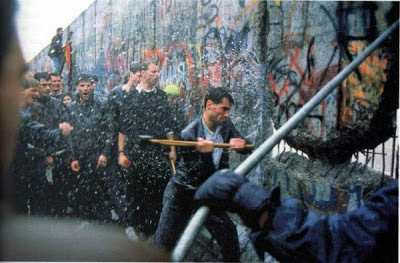CBS News senior foreign affairs correspondent Margaret Brennan: "Well, he [ Vice President J.D. Vance ] was standing in a country where free speech was weaponized to conduct a genocide, and he met with the head of a political party that has far-right views and some historic ties to extreme groups. The context of that was changing the tone of it. And you know that, that the censorship was specifically about the right."
I also think it’s wrong – again, I go back to the point of his speech. The point of his speech was basically that there is an erosion in free speech and in tolerance for opposing points of view within Europe, and that’s of concern because that is eroding – it’s not an erosion of your military capabilities. That’s not an erosion of your economic standing. That’s an erosion of the actual values that bind us together in this transatlantic union that everybody talks about. And I think allies and friends and partners that have worked together now for 80 years should be able to speak frankly to one another in open forums without being offended, insulted, or upset. And I spoke to foreign ministers from multiple countries throughout Europe. Many of them probably didn’t like the speech or didn’t agree with it, but they were continuing to engage with us on all sorts of issues that unite us.
So again, at the end of the day, I think that people give all – that is a forum in which you’re supposed to be inviting people to give speeches, not basically a chorus where everyone is saying the exact same thing. That’s not always going to be the case when it’s a collection of democracies where leaders have the right and the privilege to speak their minds in forums such as these."
"Weimar Germany did have hate-speech laws, and they were applied quite frequently. The assertion that Nazi propaganda played a significant role in mobilizing anti-Jewish sentiment is, of course, irrefutable. But to claim that the Holocaust could have been prevented if only anti-Semitic speech and Nazi propaganda had been banned has little basis in reality. Leading Nazis such as Joseph Goebbels, Theodor Fritsch, and Julius Streicher were all prosecuted for anti-Semitic speech. Streicher served two prison sentences."The outcome of silencing hate speech is not what those who advocate for it would expect as Rose continued to explain:
"Rather than deterring the Nazis and countering anti-Semitism, the many court cases served as effective public-relations machinery, affording Streicher the kind of attention he would never have found in a climate of a free and open debate. In the years from 1923 to 1933, Der Stürmer [Streicher's newspaper] was either confiscated or editors taken to court on no fewer than thirty-six occasions. The more charges Streicher faced, the greater became the admiration of his supporters. The courts became an important platform for Streicher's campaign against the Jews. In the words of a present-day civil-rights campaigner, pre-Hitler Germany had laws very much like the anti-hate laws of today, and they were enforced with some vigor."
When violence erupts in a society where the rule of law exists, it must not be tolerated, but dealt with an expeditious manner through the judicial system. However, where the poisonous tropes of anti-Semitism, and hatred against the Jewish people arise, it must not be censored by the government, but challenged by people of good will in the battle of ideas to expose both its intellectual and moral bankruptcy.
Hate speech has Marxist origins that are in opposition to free expression. Perversely, it claims that language can be violence to censor speech while at the same time defending physical violence as justified. When you outlaw speech and drive it underground you imbue it with power and credibility it does not deserve.
This approach in Wiemar Germany weaponized hate speech laws against the Nazis that created a backlash that helped them take power, and once in power free speech was completely eliminated in Germany.
Ms. Brennan's claim on Face the Nation was not just wrong, but diametrically opposed to what actually happened, and a disservice to her audience.


























